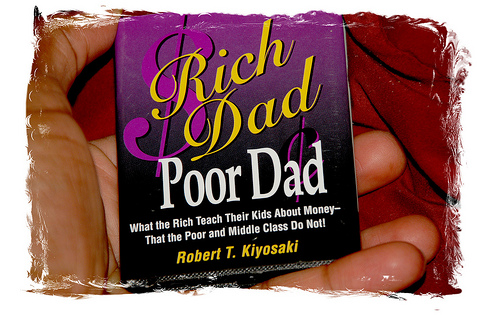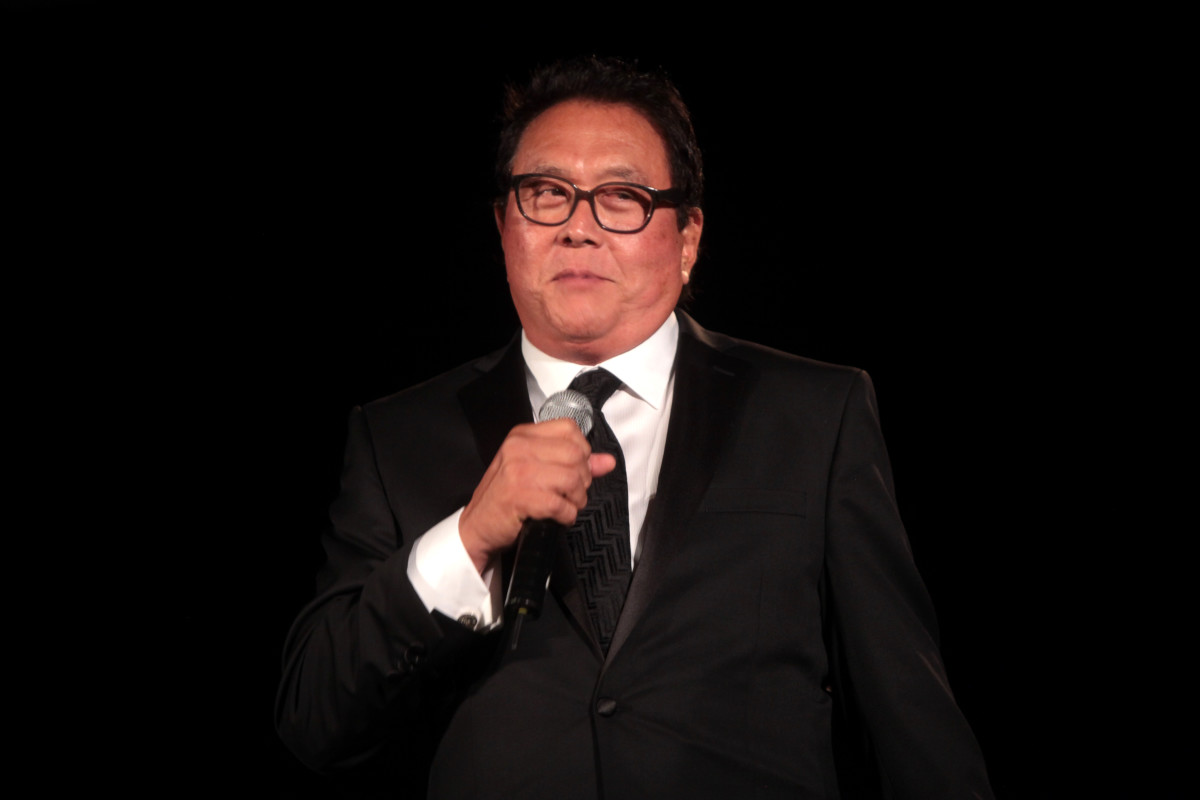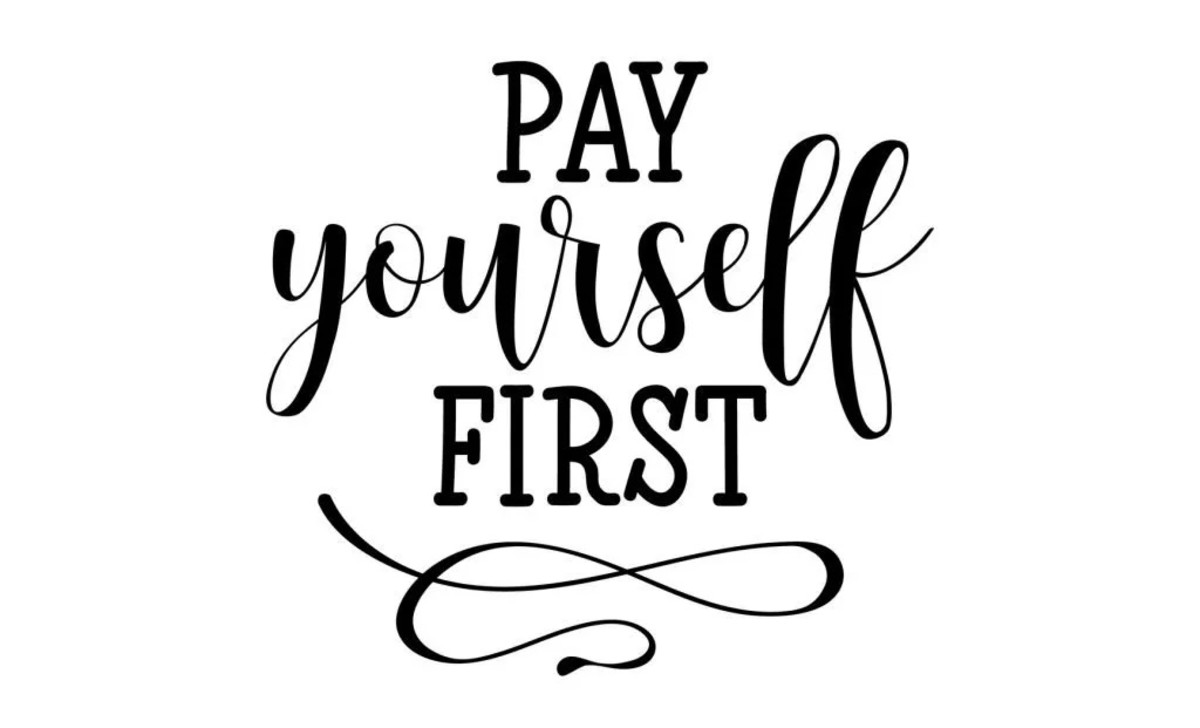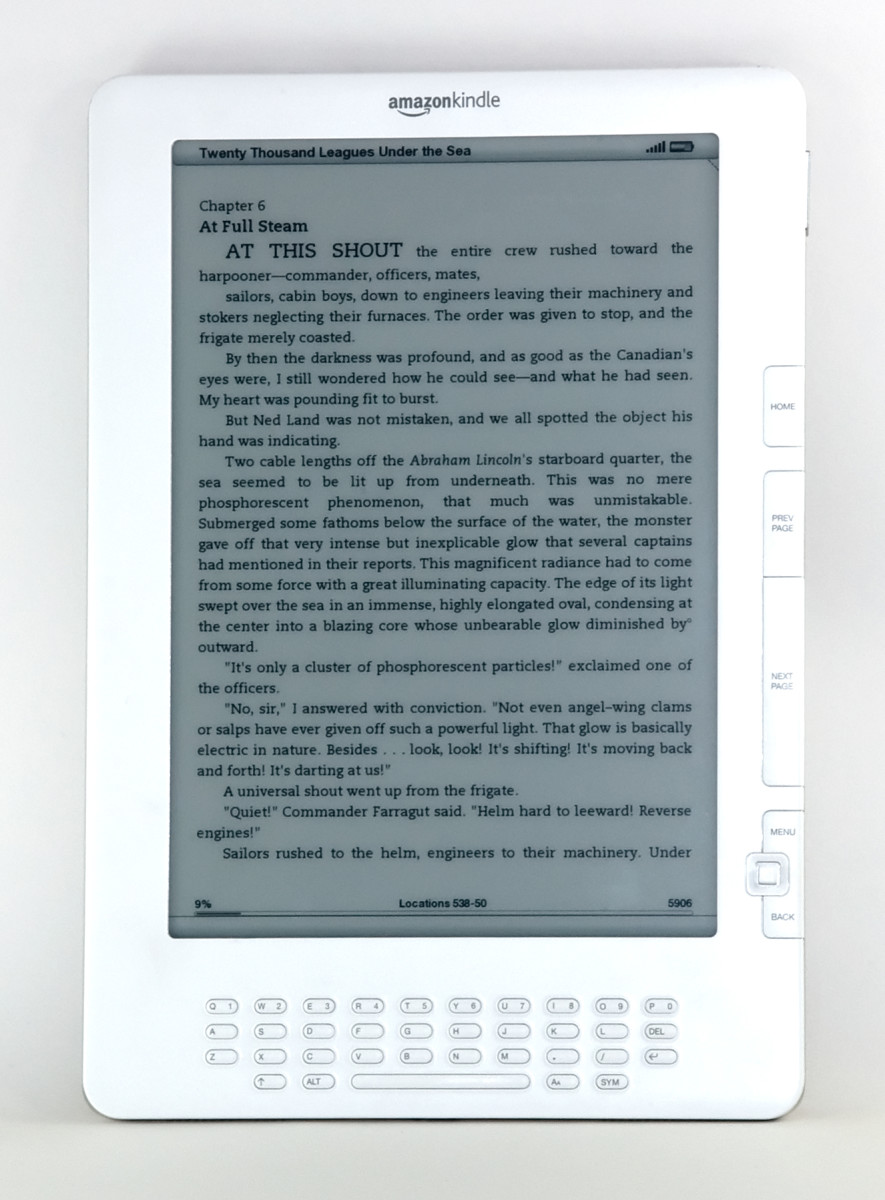Rich Dad Poor Dad by Robert Kiyosaki

There are questions we could act upon if we want to earn money, spend it wisely, and manage it for the long term. They are contained in this much talked about and highly influential book Rich Dad Poor Dad by financial guru Robert Kiyosaki. Before listing down some of these questions for personal assessment, first let me go through some of the points tackled in the book:
- What are the obstacles in financial freedom?
- What is a rat race?
- What does being wealthy mean?
- What is financial aptitude?
- What is Robinhood theory of economics?
- What is the difference between an employee and an entrepreneur?
- How the rich and the poor differ in buying luxuries?
- What is a bracket creep?
- What is the difference between being broke and poor?
- What is passive income?
- What is active income?
- What is an asset?
- What is a liability?
- What is the difference between working for money and money working for me?
Kiyosaki answers them in simple, conversational, and energetic tone with humor in between. There is also a sense of disappointment having known throughout the years how most people fall into a never-ending trap he calls the rat race. He is straightforward in saying that a college degree and an intensive professional training afterwards do not guarantee financial security, not strictly speaking they are obstacles to being successful. His approach not only challenges what “old school” teaches, but also offers a way out.
Its title posts a question: who is the rich dad and poor dad? I must say I bet more in the financial success of the dad who is highly educated professionally, but it is a mistake. I leave it up to you to know and why. They differ in perspective when it comes to life, above all, in money matters. Financial education and training widens the gap between the two fathers; between those who have businesses and those who have jobs.
What the author inculcates among readers is the need for financial aptitude as the key to being wealthy. He simplifies here the business language for the benefit of all who have not yet decided to break away from the employer-employee chain, or at least, have not planned yet a backup source of income. It does matter to have an option but he cannot speak for us how important it is. It is only we who can tell its magnitude once we embark on it while life pushes us around. Find another venue if it fails. It is the beginning of financial wisdom and it is easier said than done.

Financial independence is possible, he continues, if we use our imagination and tap the genius inside us, not solely rely on the benefits, loans, and pension our employers promise. Let us think and look out for opportunities around the corner. Start in small ventures. It is self-doubt and fear of failure consuming our potential most of the time, he adds.
Meanwhile, these are some of the questions we may ask ourselves:
- Am I broke or poor?
- Am I controlled by fear of not having money?
- Am I dictated by greed once I get money?
- Do I work for money or money works for me?
- Do I think of ways to make money?
- Am I solely dependent on my salary or paycheck?
- Do I blame my job, low pay, or boss for my problems?
- Am I somebody’s boss or my own boss?
- Do I pay the bills first and myself last?
- Am I thinking of the future?
- Do I save or invest?
- Am I afraid to take risks?
- Do I play it safe or I manage risk?
- Do I ask for others’ help on how to make money?
- Do I have other sources of income to back me up?
More questions may surface for readers to think about as they continue reading the book. As a reader, I am disappointed. I should have known this earlier. I should have learned the language before and be financially literate at this age, but no. I am a child learning the basics. The illustrations may look oversimplified for experienced individuals, but for me, it is just right. In the middle of reading, my imagination goes wild; my brain squeezes creative juices out of me all of a sudden. An opportunity I never thought of before presents itself. Why not?
Also mentioned are:
- four core skills in financial intelligence
- two types of investors
- six secrets of the rich
- three main management skills
- most important law of money
- five stumbling blocks to financial success
Finally, it is a daunting task to get out of the rat race. There are no promises or projections when it comes to being financially independent. There are only grabbed or missed opportunities. It takes time, patience, resilience, and passion. Passion, says Kiyosaki, is anger and love combined. Those who have started earlier, by now, may be reaping the fruits of their labors, while for the rest of us it may not be too late.
Apart from the teachings behind money making mentioned in the book in its simplest form, is the wisdom that the author learns from his experiences over the years. What rich dad has taught him he is sharing generously to all interested. He offers a formula to help us get started but eventually we can come up with our own; a formula that is true to us, tried, and tested.
Read this book and find out the answers. Find out how the principle of giving to receive applies to being rich. For me, it is valuable for life, a treasure in the bookshelf.









